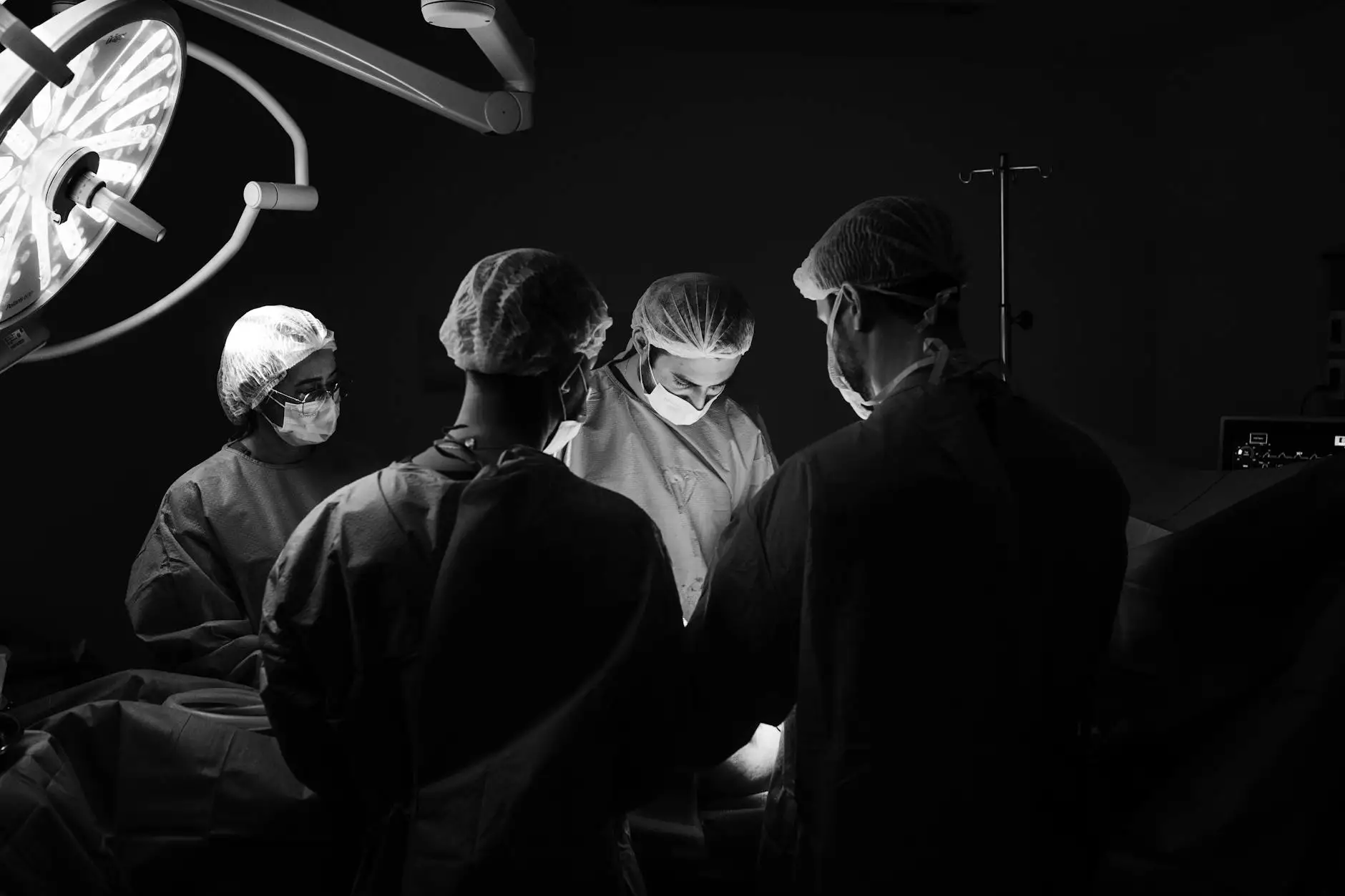Recovery from Surgery

Introduction to Post-Surgery Recovery
At Foley James D MD, we understand that undergoing surgery can be a significant event in your life. We are dedicated to ensuring your well-being and providing you with the highest quality care throughout your surgical journey. This comprehensive guide aims to prepare you for a successful recovery following surgery, equipping you with the necessary knowledge and resources to aid in your healing process.
Understanding the Recovery Process
The recovery process after surgery varies depending on the type and complexity of the procedure. It is important to follow your surgeon's specific post-operative instructions, as they are tailored to your unique situation. In general, the recovery process can be divided into several stages:
Immediate Post-Surgery:
- Upon waking up from anesthesia, you will be closely monitored by our experienced medical team to ensure a smooth transition from the operating room to the recovery area.
- During this time, you may experience some pain, discomfort, or drowsiness. Our compassionate staff will provide the necessary pain management and support to alleviate any discomfort.
- It is crucial to rest and allow your body to recover during this initial phase.
First Days:
- During the first few days after surgery, it is common to experience some swelling, bruising, or tenderness around the surgical site. This is a natural part of the healing process.
- Follow any prescribed medication schedules and care instructions to promote healing.
- Make sure to keep the surgical area clean and follow any specific wound care guidelines provided by your surgeon.
- Engage in light activities as instructed by your healthcare team to gradually regain your strength and mobility.
Weeks Following Surgery:
As you progress through the recovery process, it is important to gradually increase your activity level while avoiding strenuous activities that may hinder healing. The following recommendations can contribute to a smooth recovery:
- Follow your surgeon's advice regarding physical limitations, exercise restrictions, and return-to-work plans.
- Eat a nutritious diet to promote optimal healing and support your overall well-being.
- Attend all scheduled follow-up appointments to monitor your progress and address any concerns you may have.
- Take any prescribed medications as directed by your healthcare provider.
- Reach out to our caring staff if you experience unexpected pain, swelling, redness, or other concerning symptoms.
Tips for a Speedy Recovery
Here are some additional tips that can help promote a faster and smoother recovery:
Manage Pain:
Proper pain management is crucial during the recovery phase. Follow your surgeon's instructions on pain medication usage and consider non-pharmaceutical approaches such as ice packs, heat therapy, or relaxation techniques to alleviate discomfort.
Support Your Body:
Engage in gentle exercise, such as short walks or stretching, to improve circulation and prevent blood clots. Use assistive devices, like crutches or handrails, if recommended. Adequate rest and sleep are also essential for healing.
Eat Nutritious Foods:
A healthy diet rich in vitamins, minerals, and proteins can significantly support your body's recovery process. Consume foods that are high in antioxidants, such as fruits and vegetables, and stay hydrated to facilitate healing.
Maintain Wound Care:
Follow your surgeon's guidelines for wound care to prevent infection and promote proper healing. Keep the surgical site clean and dry, and change dressings as instructed.
Emotional Support:
Recovering from surgery can be emotionally challenging. Reach out to your loved ones for support and consider exploring relaxation techniques, mindfulness exercises, or speaking with a counselor if needed.
Conclusion
A successful recovery from surgery requires both physical and emotional care. At Foley James D MD, we are committed to providing you with excellent surgical care and comprehensive support throughout your recovery journey. By following the guidelines provided in this guide and staying in close communication with our dedicated medical team, you can ensure a smooth and successful healing process. Remember, each individual's recovery is unique, so always consult with your surgeon for personalized advice and guidance.









